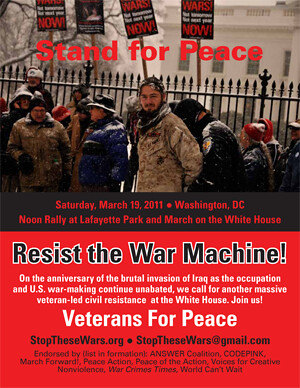Let's review. January 1st, 1 person was reported dead and nine injured. January 2nd, 9 people were reported dead and six wounded. January 3rd, 5 were reported dead and twenty-eight wounded. January 4th, 3 were reported dead and five wounded. January 5th, 2 were reported dead and eleven injured. January 6th, one person was reported injured. January 7th, 5 were reported dead. January 8th, 9 were reported dead and eight injured. January 9th, 1 person was reported dead and another reported wounded. January 10th, 4 were reported dead and sixteen injured. January 11th, 4 were reported dead and nineteen injured. January 12th, 4 were reported dead and four were injured. January 13th, 3 were reported dead and fourteen injured. January 14th, 2 people were reported dead. January 15th, six people were reported injured. January 16th, six people were reported wounded. January 17th, 1 person was reported dead and nine injured. January 18th, 60 people were reported dead and one hundred and sixty four injured. January 19th, 25 people were reported dead and forty-two injured. January 20th, 68 were reported dead and one hundred and sixty injured. January 21st, no reports of deaths or injured. January 22nd, no reports of deaths or wounded. January 23rd, 8 people were reported dead and thirty-seven wounded. January 24th, 34 people were reported dead and one hundred and fifty-six people were reported wounded. January 25th, seven people were reported wounded. January 26th, 6 were reported dead and one injured. January 27th, sixty-three people were reported dead and one hundred and four injured. January 28th, 2 were reported dead and eight injured. January 29th, five were reported dead. Through Saturday, at least 320 people have been reported dead and eight hundred and three injured. In addition, 6 US service members have died in Iraq so far this month.
Monday the big bombing was Karbala. Thursday's biggest bombing targeted a Baghdad funeral. There was news of another attempted power-grab by Nouri al-Maliki. Rumors continued to swirl around Moqtada al-Sadr. al-Sadr returns and the press salivates day after day after day after . . . al-Sadr departs and most ignore it. Despite the fact that the most popular rumor is the League of Righteous posted fliers calling for al-Sadr's death.
So much interest in his return, so little in his departure.
Iraqi women are targeted. If their husbands are or become terrorists, Kelly McEvers (NPR's Morning Edition) reported, the widows are left without social services apparently because "Ministry of Defense spokesman Mohammad al-Askari says he finds it hard to believe that any of them are totally innocent." And if they're widows whose husbands weren't classified as terrorists? Roula Ayoubi (BBC News) reported that instead of providing social services to these woman and their children, the policy being pimped is to marry these women off to men . . . who already have wives.

It was by no means a slow week but if people were looking for something to talk about, if they were struggling with an Iraq 'hook,' this might have been the week to finally give some attention to Iraqi women. It was the week that Manal Omar, author Barefoot in Baghdad: A Story of Identity -- My Own and What it Means to be a Woman in Chaos, was interviewed by NGO Coordination Committee in Iraq about the status of women's rights in the new 'democratic' Iraq. Excerpt:
NCCI: As the former Regional Coordinator for Women for Women International in Iraq, what do you feel are some of the greatest obstacles facing NGOs which operate in the sector of women's rights?
Manal Omar: The biggest challenge is when women become the negotiating chip. One of the titles of my chapters in my book is "Negotiating Chip," because I witnessed too often how women's rights were used during political or social bargaining. For example, you may have high-level Kurdish representatives that believe 100% in women's rights. However, during political debates, or when it's time to vote on a resolution, they will not vote pro-women. When I would challenge them, they often would say that their primary issue is federalization, and as a result, they would strike a deal on a resolution for women if more conservative parties would vote on the resolution of federalization. The second challenge is what I call the "not now" argument. This argument usually states that because of overall violence and instability, it is not an appropriate time to discuss women's issues. I have witnessed how the "not now" easily becomes the "not ever." Women must maximize the window of opportunity to push their rights forward.